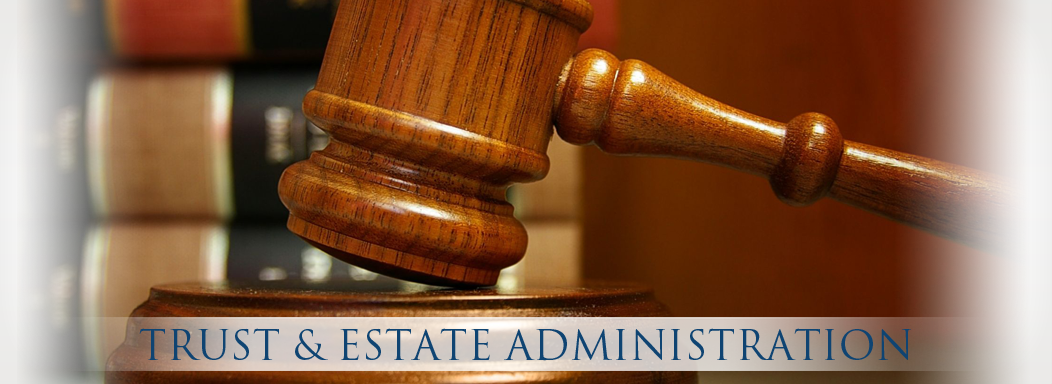
Probate Administration is the process that occurs after a person dies. During this process, a person’s probate assets are collected, his or her creditors are paid, and then the remaining assets are distributed to his or her beneficiaries in accordance with his or her will. Probate assets are all assets that the decedent owned, in his or her name alone, when he or she died. If a person left a will, the will determines the distribution of those assets.
In order to determine who the decedent selected to administer his or her estate, locate the decedent’s will. The person named as the administrator must file the will with the court and petition to open the process of probate. When the administrator’s petition is granted, the process of probate officially begins.
The administrator must first give notice of the estate administration. State law in the state where the decedent died will determine who must receive notice and when this notification must occur. Typically, notice must be given to all parties who have an interest in the estate. The administrator must also advertise the estate, so that any creditors of the decedent will have an opportunity to make their claims. The administrator is responsible for paying any claims made against the estate from the assets within the estate, and must pay these claims before distributing anything to the beneficiaries.
After giving the appropriate notice and advertising the estate, the administrator must locate and collect all of the decedent’s assets. After all debts have been satisfied, the administrator may begin to distribute the remaining assets in accordance with the decedent’s will.
Trust & Estate Administration
A living trust is a legal document that, just like a will, contains your instructions for what you want to happen to your assets when you die. But, unlike a will, a living trust can avoid probate at death, control all of your assets and prevent the court from controlling your assets if you become incapacitated.
Upon the death of a trust maker our law firm offers legal services to your successor trustee. The trustee is responsible for seeing that the assets of the trust are distributed properly and in a timely manner. An overview of the valuable guidance we provide includes:
- Review of the trust document
- Gathering of all trust assets
- Explanation of trustee responsibilities
- Estate Tax Analysis
- Collection of death benefits
- Creation of sub-trusts
- Dissolution of trust
If you have lost a loved one, whether they died without a Testamentary Document, or died with a Will of a Living Trust, we can help you. Please contact our Law Office so we can guide and help you during this very difficult time.
Please contact the Law Offices of Robert J. Galliano for more information.











